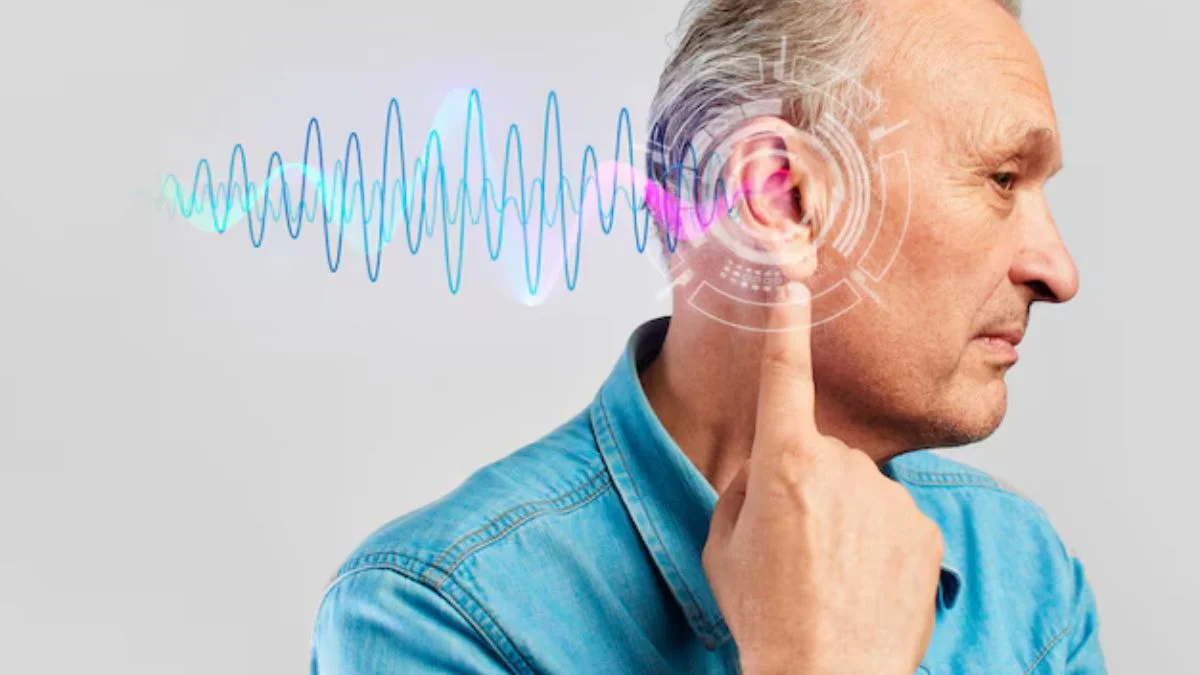HEALTH AND FITNESS
Understanding Tinnitus: Why Do You Hear That Ringing

Countless people hear ringing or other noises in their ears, even when no external sound is present. Others around them cannot hear these noises, but this is a common problem. Up to 20% of individuals today struggle with tinnitus, many of them older people.
Age-related hearing loss is one cause of tinnitus, but it may also result from an ear injury or a problem within the circulatory system. Most people don’t realize that tinnitus treatment involves treating the underlying cause. If this cause cannot be identified, a doctor may attempt to use treatments that reduce or mask the noise. The tinnitu’s then becomes less noticeable.
Tinnitus Symptoms
Tinnitus symptoms vary by person. Many people describe it as a ringing in their ears. However, some people experience roaring, hissing, clicking, or buzzing. They may also hear a humming noise. Subjective tinnitu’s only impacts the person who is experiencing the symptoms. The noise may be a low roar or a high squeal. For some people, only one ear is affected. Other people hear these noises in both ears. Severe tinnitus can lead to an inability to concentrate or hear external sounds. The symptoms may be present continuously or come and go.
Seeking Treatment
Many people find that their tinnitus does not bother them until it worsens. It is time to see a doctor when it interferes with daily life. In addition, people who develop tinnitu’s after an upper respiratory infection should see their doctor if the symptoms continue for more than a week. Any hearing loss or dizziness that comes with the tinnitu’s should lead to an immediate visit to a doctor. Men and women who are becoming anxious or depressed because of their tinnitus should also seek medical help.
What Causes Tinnitus?
Hearing loss is the main cause of tinnitus. The tiny hair cells in the inner ear move when sound waves reach the ear. As they do, electrical signals move from the ear to the brain, and the brain converts the signals into sound. When these hairs are damaged, random electrical impulses reach the brain, leading to tinnitus. However, other things may also bring about these symptoms.
An ear infection or a blockage in the ear canal changes the pressure in the ear and brings about tinnitu’s. Any person who has suffered a head or neck injury may develop tinnitus if their inner ear or hearing nerves were affected by this trauma. Typically, only one ear is affected in this case. Certain medications may also lead to the development of tinnitus. For those who already have this condition, the use of these medications can worsen it. When the person stops taking this medication, the symptoms usually disappear. Other less common causes of tinnitus include muscle spasms in the inner ear, TMJ, and Meniere’s disease.
Risk Factors
Certain factors put a person more at risk of developing tinnitu’s. Repeated exposure to loud noises, age, gender, and tobacco or alcohol use all increase a person’s risk of developing this condition. Furthermore, certain health conditions, such as high blood pressure or obesity, can also lead to tinnitus.
Any person experiencing symptoms of tinnitu’s should see their doctor. The doctor will do a complete physical exam and possibly order tests to determine the underlying cause. Once a diagnosis has been received and the root cause has been identified, a treatment plan can be developed to help address the symptoms the person is experiencing so their quality of life will improve.
-

 BIOGRAPHY9 months ago
BIOGRAPHY9 months agoBehind the Scenes with Sandra Orlow: An Exclusive Interview
-

 HOME1 year ago
HOME1 year agoDiscovering Insights: A Deep Dive into the //vital-mag.net blog
-

 HOME1 year ago
HOME1 year agoSifangds in Action: Real-Life Applications and Success Stories
-

 BIOGRAPHY1 year ago
BIOGRAPHY1 year agoThe Woman Behind the Comedian: Meet Andrew Santino Wife




























